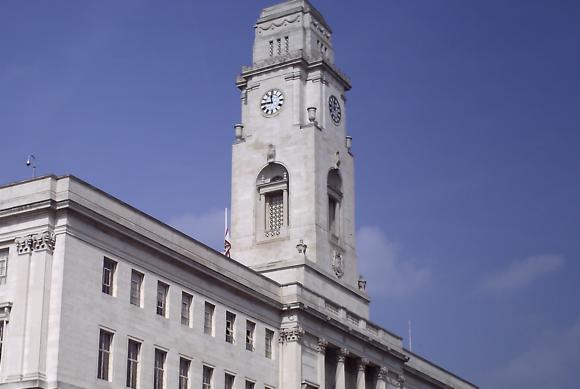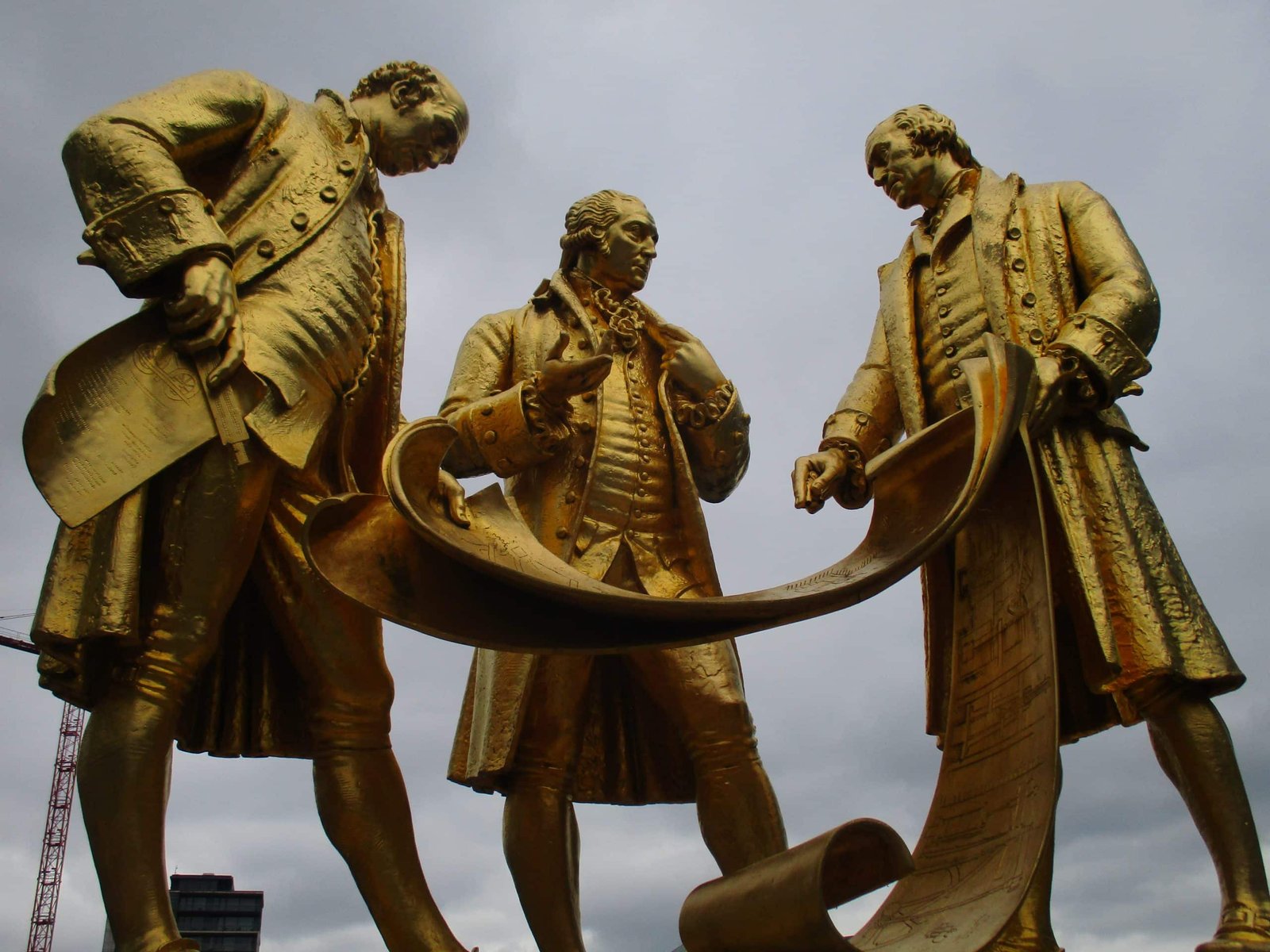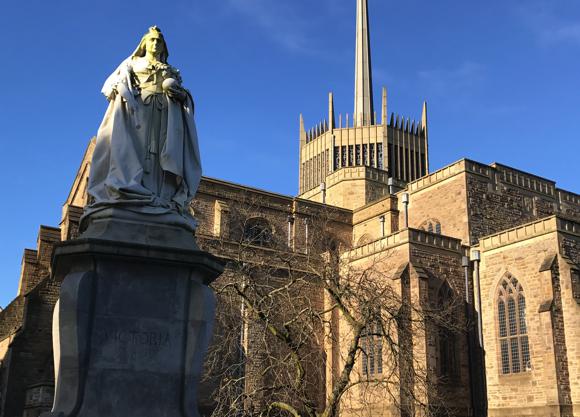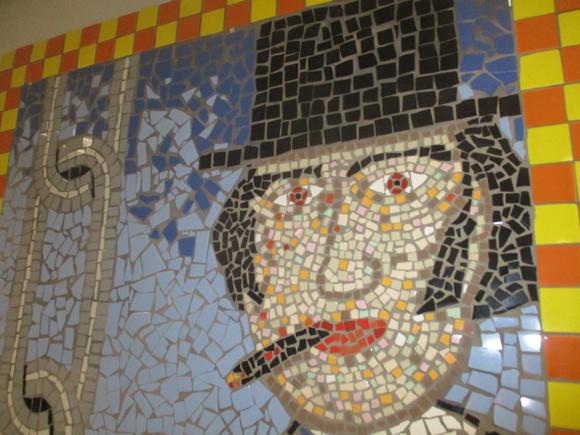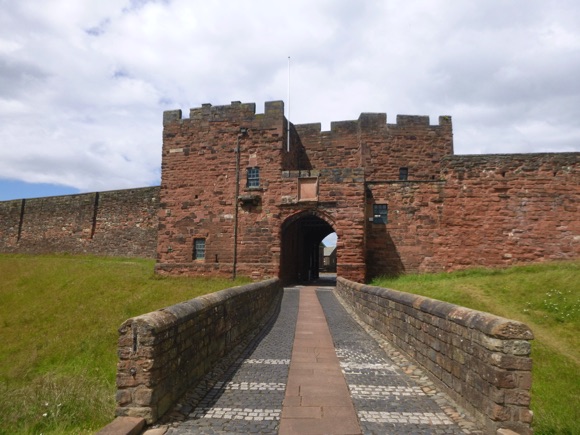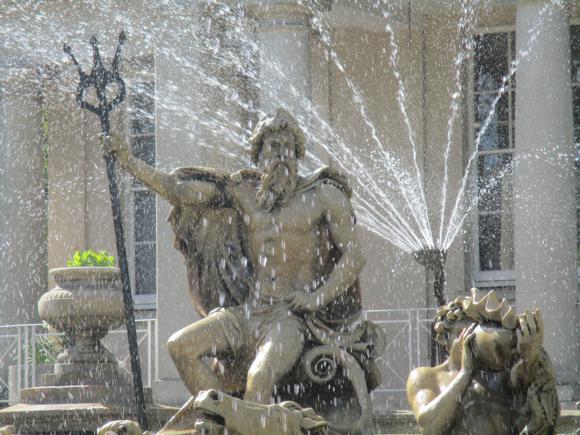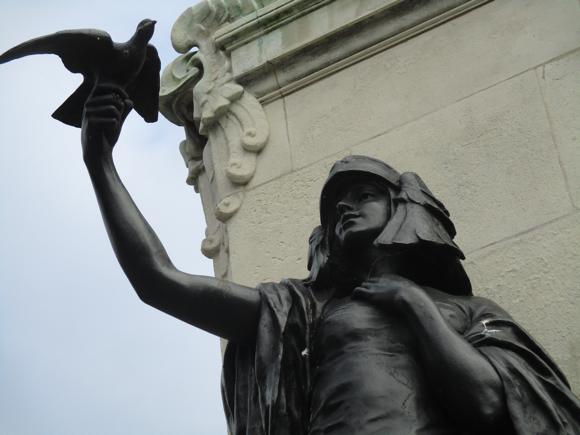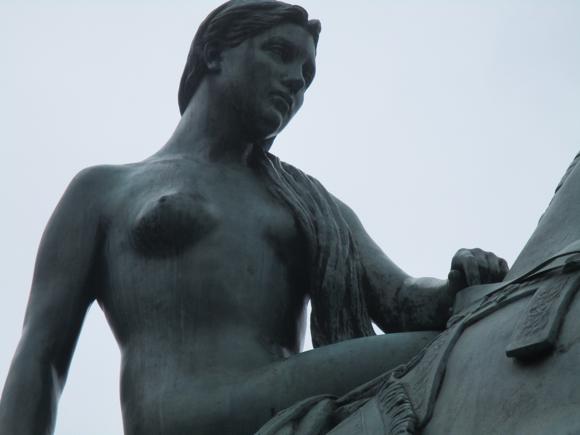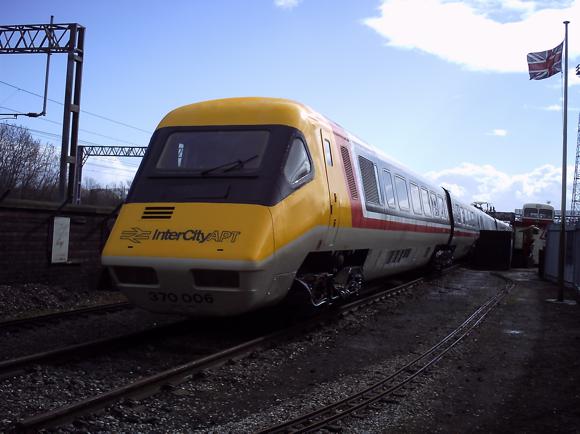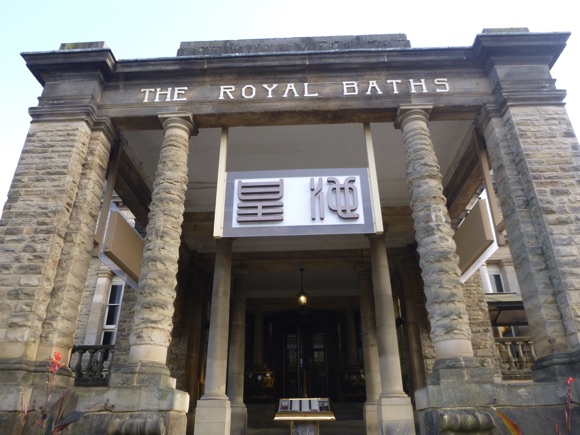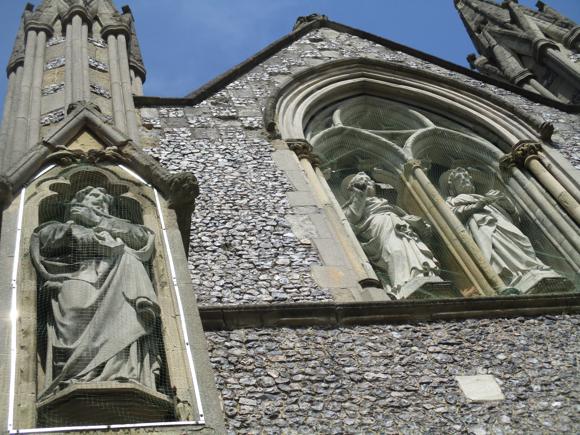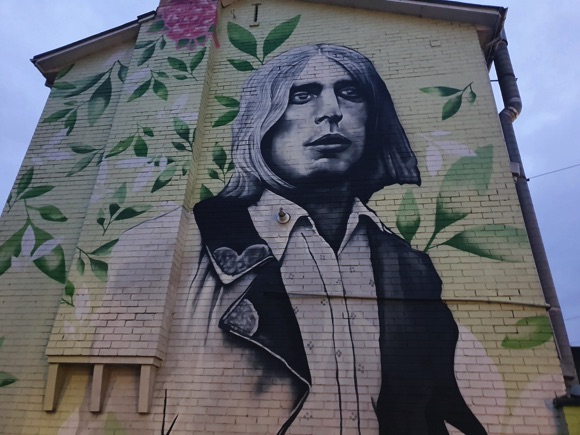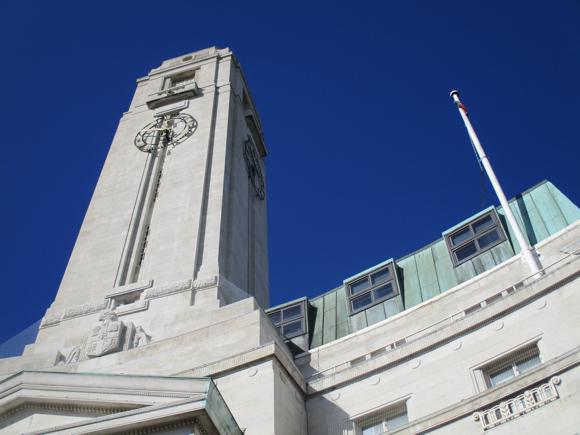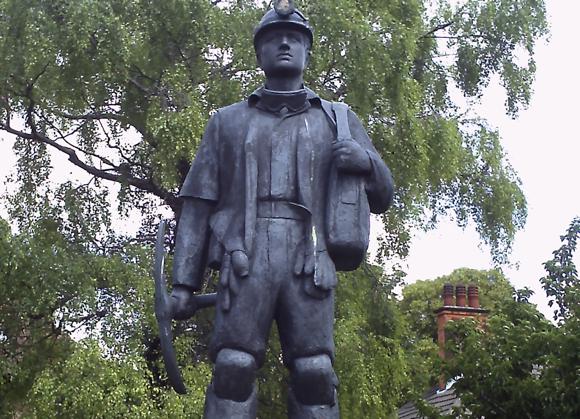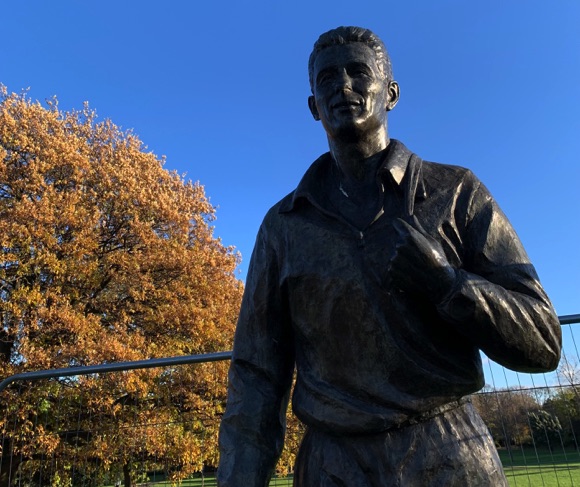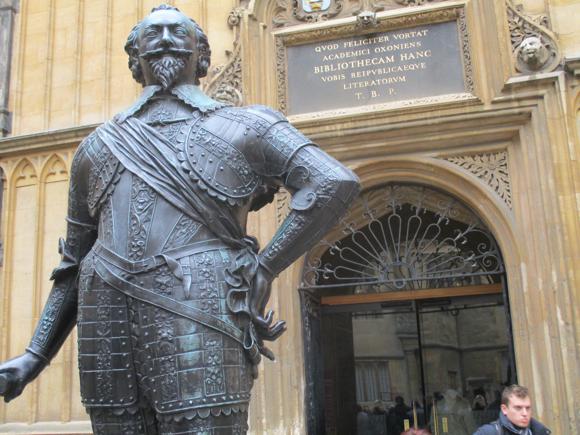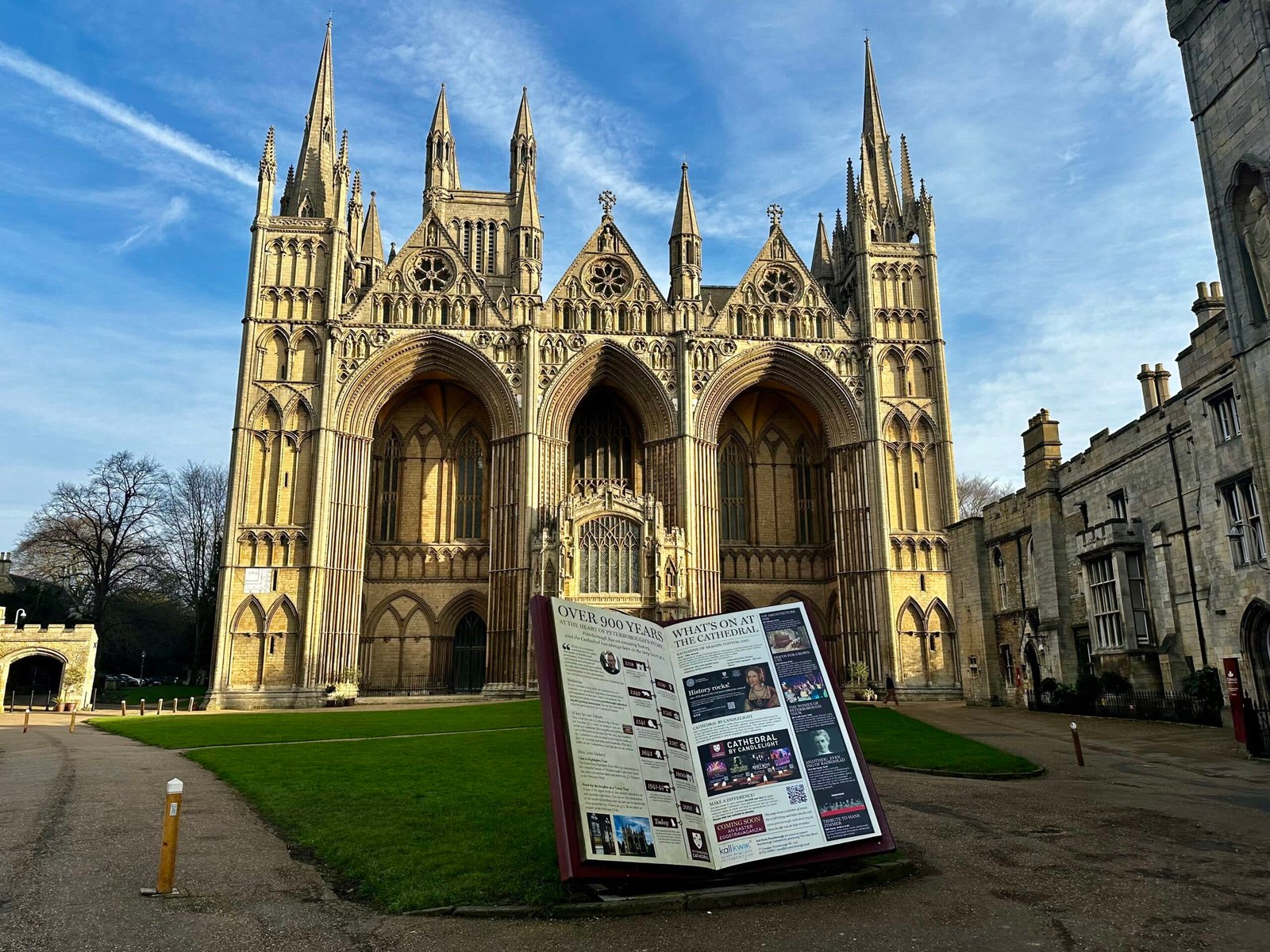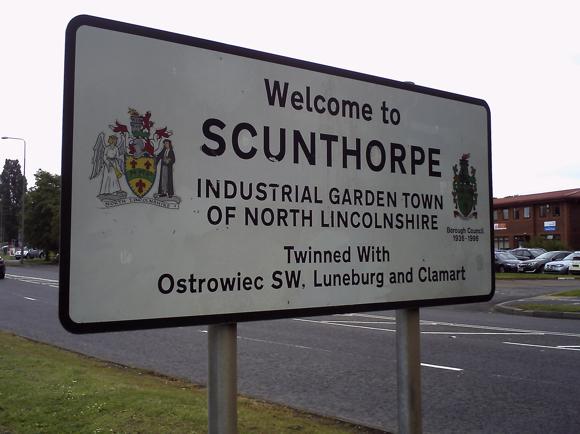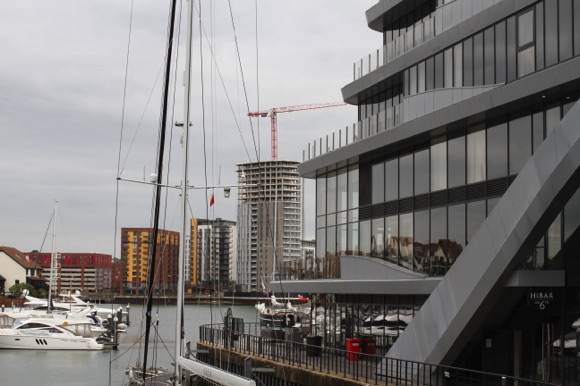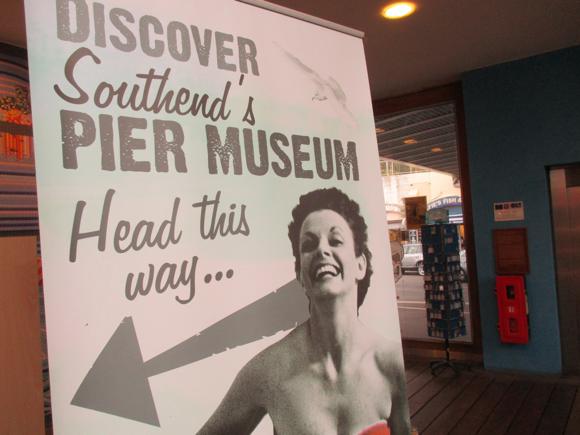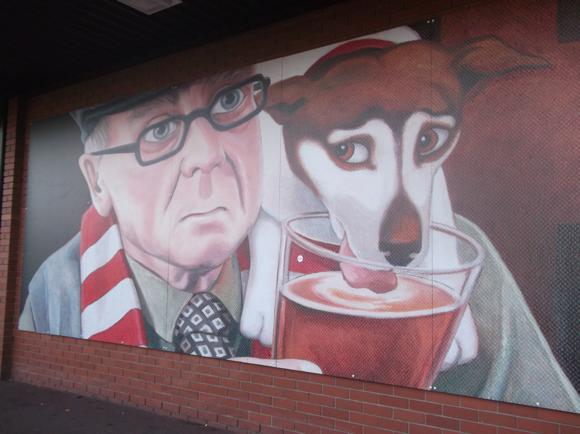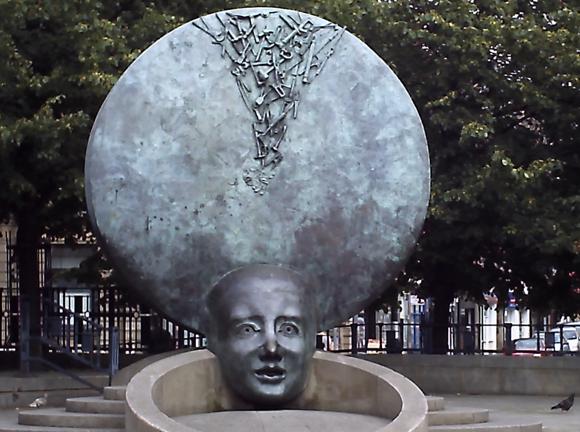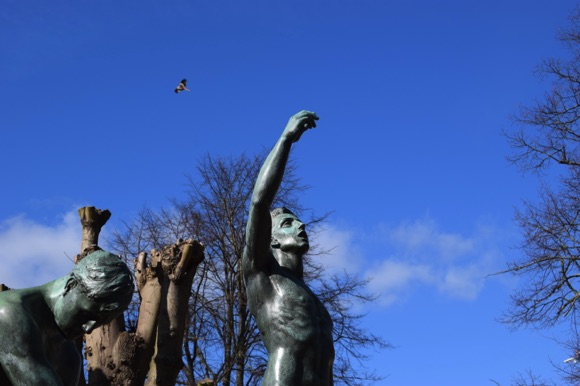Teams, tales and tips – a guide to the local game
There are few places where the identity of a town is defined by its football team as strongly as in Bolton – which makes the demise and near disappearance of Bolton Wanderers in 2019 all the more painful.
A small settlement on the edge of the Pennine moors, Bolton ticks all the boxes of any classic Lancastrian football town.
Industrialised in the 18th century when local inventor Samuel Crompton created a cotton-spinning machine, Bolton was connected to Manchester by canal and then to Liverpool by Lancashire’s first railway in 1831. Forty years later, football began to be played here in Edgworth, halfway between Bolton and Blackburn. Formed there in 1871, Turton FC were the leading club of the day but faded away after the onset of professionalism.
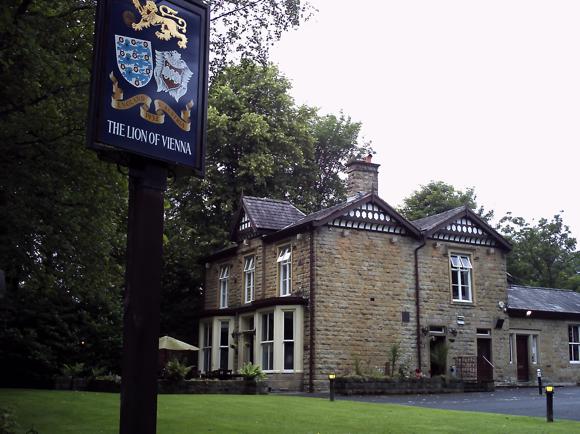
Still in operation, Turton gained promotion from West Lancashire League Division One in 2016, a year after being denied access to the Premier the year before through lack of adequate facilities. Long-term Bolton Wanderers figure Sam Allardyce was one of several big names to protest the ruling – his son Craig had recently been manager at Turton.
The ground in question is at Thomasson Fold in Edgworth though the club’s first, long-term home was in Chapeltown, nearer to Bolton. Amateur team Old Boltonians have also played here for over half-a-century – near the equally venerable Chetham Arms pub on Chapletown High Street, it’s thought to be one of the oldest football pitches in the UK.
Following the lead of Turton FC, who had adopted the recently outlined FA rules to the game, Bolton cleric, the Rev Joseph Farrall Wright, suggested that pupils at Christ Church Boys next to his church start a football team at Sunday School. Formed in June 1874, Christ Church FC were based at the school hall that stood where Deane Road meets Moor Lane, a patch part-occupied today by the various buildings of Bolton College.
Playing on various pitches in the vicinity, the team were turfed out of the school hall by the vicar in 1877 and, convening at the nearby Gladstone Hotel, one of ten pubs within a few hundred yards of each other, decided to form a new club: Bolton Wanderers.

One of several northern clubs with ecclesiastical roots, Wanderers became one of 12 members of the inaugural Football League in 1888. To add to the historic firsts, the club’s home ground at Pike’s Lane, just off Deane Road, was where the first ever goal was scored in the Football League. On 8 September 1888, Bolton-born Kenny Davenport put his club ahead after two minutes against Derby, only for Wanderers to lose 6-3. Pike’s Lane also the first match between England’s Football League and Scotland’s, in 1892.
Soon afterwards, Wanderers moved south of town to Burnden Park, famously depicted in the Lowry painting Going to the Match. Burnden Park hosted most of Bolton’s 73 seasons in the top flight and the home games of FA Cup runs that led to four trophies, three in the 1920s.
The move in 1997 to an out-of-town retail park was typical for its time, a storied mill-town club selling up after a century of tradition and creating a multi-purpose arena with a hotel and regular agenda of star music acts.

Also typical was the spiralling salaries and agents’ fees needed to keep the club competing in the Premier League. Five minutes from a closedown by the tax authorities in February 2016, Bolton Wanderers limped on but were soon relegated to the third tier, where the club last played in 1993.
Worse was to follow, with a similar scenario playing out in 2018-19. Two straight relegations, one helped on by a 12-point penalty, saw Bolton drop to the fourth tier for only the second time in the club’s history. For several weeks in the summer of 2019, liquidation was on the cards.
Now under the experienced chairmanship of entrepreneur Sharon Brittan and the Football Ventures (Whites) consortium, Bolton’s future seems assured at last, with a bright start to the 2021-22 campaign pointing the way to better things.
Getting Around
Arriving in town, local transport and timings

Manchester Airport is 35.5km (22 miles) from Bolton. A direct train from the airport runs half-hourly to Bolton (£8, 40min journey time) and hourly to Horwich Parkway (£9, 45min journey time) beside the stadium – if you’re just missed one, change at Manchester Oxford Road or Piccadilly.
For Bolton or Horwich Parkway, you also change at Piccadilly from London Euston (advance single £50, overall journey time 2hrs 45mins) and Birmingham New Street (advance single £15, overall journey time 2hrs). Adding a Bolton PlusBus supplement (£4.20) to your ticket allows you to use all local buses for the rest of the day.
Bolton station is close to the town centre, opposite the Interchange bus hub. The stadium is way out west in Horwich, directly linked by train to Bolton station via purpose-built Horwich Parkway.
Several bus companies serve Bolton. Details on routes and tickets can be found at Transport for Greater Manchester. A System One Any Bus 1 Day pass is £6.
Locally based taxi firm Metro Cars (01204 520 000) quotes around £30 for Manchester Airport.
Where to Drink
The best pubs and bars for football fans
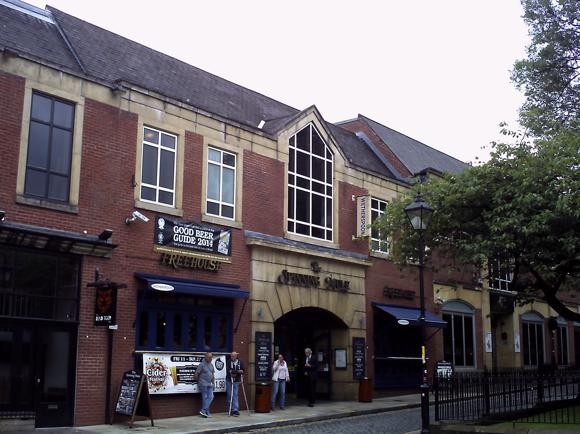
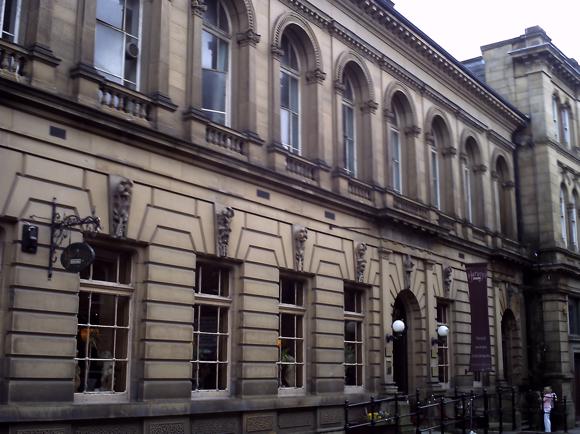
In Bolton’s town centre, pubs and bars line Deansgate and Nelson Square.
The Elephant & Castle on Deansgate is good for big-screen sport, with 3am closing times at weekends. The nearby Millstone also shows games and serves venerable Mancunian ales from the Joseph Holt brewery.
On Nelson Square, the landmark Dragonfly has three handpump ales and several TVs for sport – it also saw a much-needed renovation in 2016. More contemporary and cocktail-oriented, The Bar doesn’t skimp on its football broadcasting, with 18 HD plasma screens, including Bolton’s largest. Booking your own private box means free half-time nibbles and attractive beer prices. There are more cocktails at nearby Harvey’s, though no match action. Also close is Bolton’s main Wetherspoons, The Spinning Mule, named after the invention that transformed the town in the 18th century.


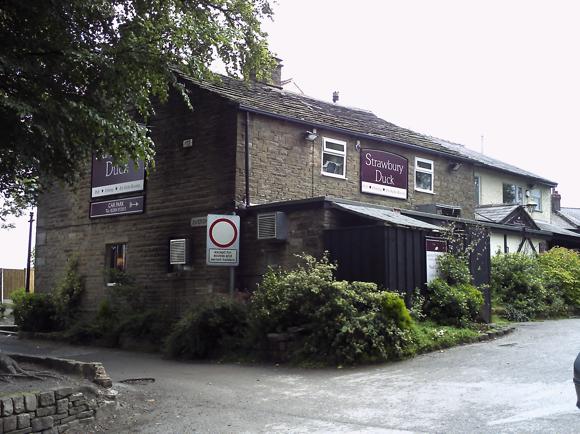
Just outside the town centre on Chorley New Road, The Lion of Vienna attracts regulars with quiz nights and pool competitions – though there’s little of Nat Lofthouse in evidence despite the name on the pub sign.
Towards Chorley on the Old Road, hilltop Bob’s Smithy Inn is as rural as it gets, family-run for decades, a superior kitchen turning out pan-fried salmon and seabass. Good range of ales, too. Alongside, bus 125 serves Bolton and Horwich.
Far more remote, close to Chapeltown where football was first played in Lancashire, the Strawbury Duck sits amid rural greenery, hand-pulled ales enjoyed near a roaring fire. Entwistle station, with hourly trains from Bolton 15min away, is walking distance.
Where to stay
The best hotels for the ground and around town
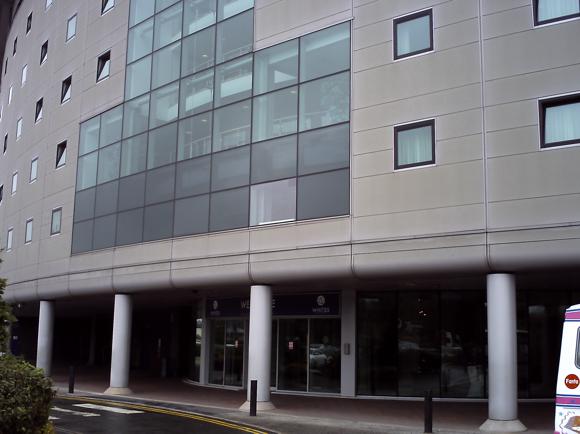
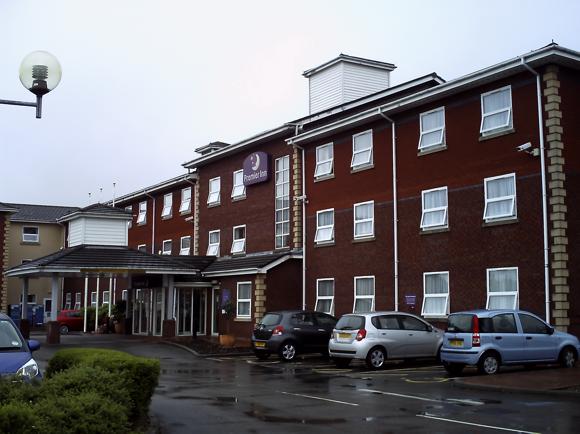
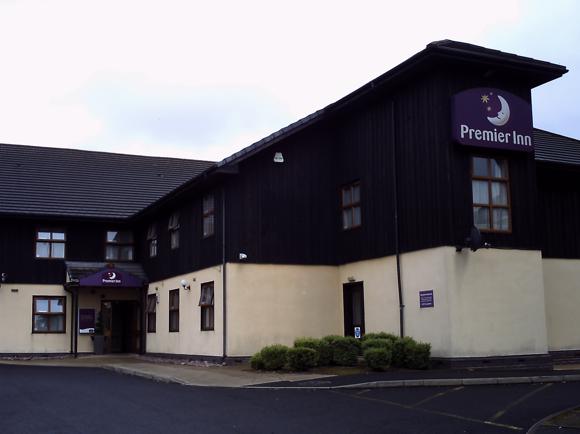
Visit Bolton has an excellent local hotel database.
The stadium has a hotel built into it, 125-room Bolton Whites. Common to all stadium hotels across England, it has strict rules concerning its 19 pitch-view rooms on match days. Offering bed and breakfast packages to those paying as little as £75 for two people in a four-star room, it has a bar, restaurant, pool, jacuzzi, gym, steam room and sauna, plus a hairdresser and beautician.
Also close to the stadium, the Premier Inn Bolton Stadium/Arena is simple and affordable, and handily set next to Horwich Parkway station. Sister hotel nearby, Premier Inn Bolton West, 12min walk to the match, has the family-friendly chain pub/restaurant, Bee Hive, alongside.

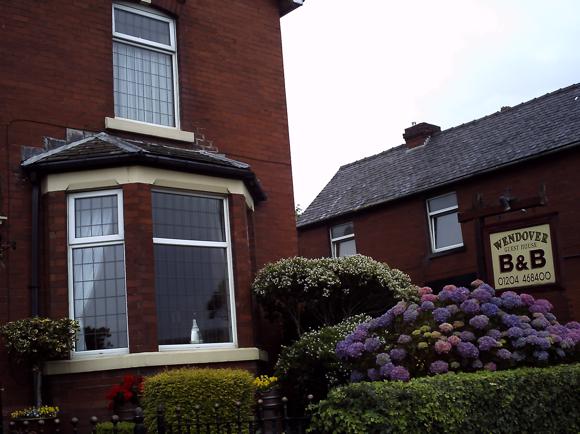

Also walkable to Bolton Wanderers, the family-run Wendover Guest House has been in business as a decent B&B long before the stadium was built.
A short taxi ride the other side of the M6 from the stadium, the Mercure Bolton Georgian House Hotel fills a Georgian manor house with 91 three-star rooms, a pool, sauna, gym, brasserie and bar.
Halfway between town and the stadium, the Britannia Bolton is part of the wantonly retro Britannia group, as old-school and as cheap as it gets. Just the wrong side of a comfortable walk to Lostock station, on the Bolton-Horwich line, it’s near the regular Stagecoach 7 bus route into Bolton.
Bolton itself has a couple of chains, one reasonably close to the station, the Travelodge Bolton Central River Street, and a couple of dowdy B&Bs, one even closer to the station, the High Grove Guesthouse.


